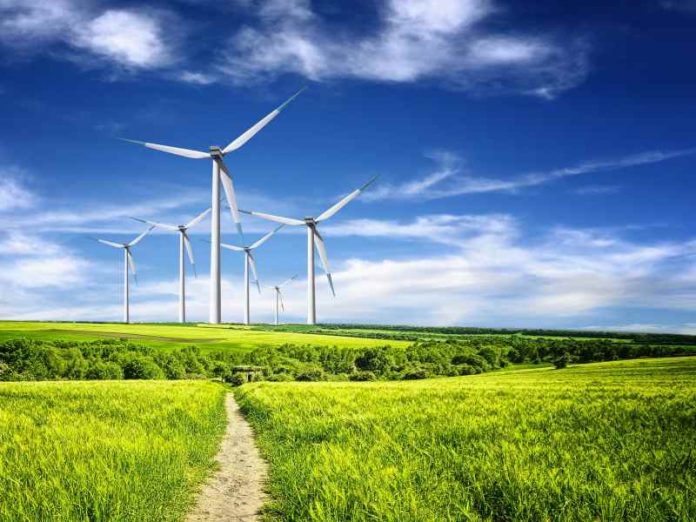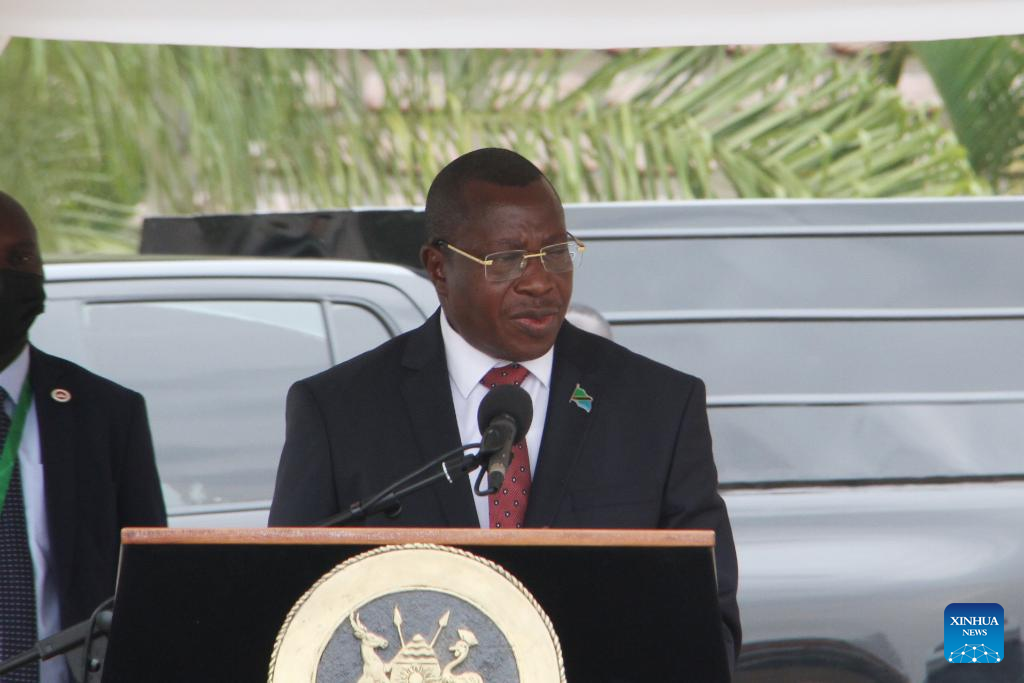
Large American tech corporations show the highest demand for clean energy in their effort to decarbonise the private sector.
BloombergNEF conducted research on clean energy buying trends which recorded the US, particularly its large tech companies, to be the highest. Results further illustrate 31.1 GW of clean energy was purchased through power purchase agreements in 2021 whereas in the previous year only 25.1GW was recorded.
The pressure is on for corporate sustainability and last year more than 10% of corporations across the globe pledged to improve their use of renewable energy. Clean energy contracts were publicly announced by more than 137 corporations in 32 different countries in 2021, according to BNEF’s 1H 2022 Corporate Energy Market Outlook.
Kyle Harrison, Head of Sustainability Research at BNEF said it is no longer a matter of whether corporate clean energy procurement will grow each year, it’s a matter of how much.
“More corporations are making new sustainability commitments, costs for renewables are plummeting and regulators around the world are slowly coming around to the fact that clean energy might be a silver bullet in the decarbonisation of the private sector.”
North America dominates as it accounts for two thirds of the activity, with 20.3GW of PPAs announced, led by the US, at 17GW. The virtual PPA, which functions in a similar way to a financial hedge, continues to dominate the US market, with 12GW of deals, but green tariffs with regulated utilities also experienced a record year at 3.2GW.
Coming in second place is Europe which saw a record of 8.7GW of deals announced, with big years from Spain and the Nordics. Then across Asia, just 2GW of PPAs were announced, but there were a number of other developments.
For example, legislation for a corporate PPA model in South Korea was introduced in October 2021, while both China and Japan both saw record clean energy certificate issuances.
Top corporate buyers of energy
Technology companies once again were the largest corporate buyers of green energy in 2021. For the second year in a row, Amazon was the biggest buyer globally, announcing 44 offsite PPAs in nine countries, totalling 6.2GW.
This brings its total clean energy PPA capacity to 13.9GW, making its energy portfolio the 12th largest globally among all types of companies, just ahead of French multinational utility EDF.
Microsoft and Meta have the next largest among corporations, at 8.9GW and 8GW respectively. Previously, Google held the corporate clean energy crown, but the multinational technology company has turned its attention more to sourcing 24/7 carbon-free power through alternative methods outside of PPAs.
Helen Dewhurst, Senior Associate at BNEF, said the clean energy portfolios of big tech companies now rival those of the world’s biggest utilities.
“Big tech faces mounting pressure from investors to decarbonise and this is reflected in the steep increase in clean energy volumes purchased. The PPAs inked in previous years pale in comparison to the portfolios announced in 2021.”
Clean energy suppliers by ranking
Amazon Energy Services (AES) sold the most clean energy to corporations, reported to be 3GW, around the world. Two thirds of the sales took place in the US, though AES has a portfolio of deals based in Brazil, Panama and Chile.
The second largest provider was Engie who signed more than 2.1GW of PPAs, including a 350MW PPA with Amazon for their Dundee Offshore Wind Farm in the United Kingdom.
One of the secrets of success for both companies is that they have the backing of a large utility to support their development arms. Orsted sold 1.3GW, Vattenfall (0.8GW) and NextEra (0.7GW), all utilities, also having big years in 2021. These companies sell clean energy to corporations through mechanisms other than PPAs as well.
A commitment to corporate sustainability is the driving force for these record-breaking clean energy purchases. There are 67 companies that have set an RE100 target in 2021, pledging to offset 100% of their electricity demand with clean energy.
There is also a campaign of 355 members across 25 countries aiming to decrease their carbon footprint. These companies collectively consume 363TWh of electricity annually based on their latest filings – exceeding the UK’s entire power generation for the same year.
BNEF estimates that these 355 RE100 companies will need to purchase an additional 246TWh of clean electricity in 2030 to meet their targets. This is lower than its previous forecast – largely due to the activity from incumbent RE100 members, who purchased a record 21TWh of clean electricity through PPAs in the second half of 2021 alone.
Should this shortfall be met with offsite PPAs, it would catalyse an additional 94GW of new solar and wind build globally. This is on top of the 47GW of PPAs already signed by RE100 members.











